Company Contract
-
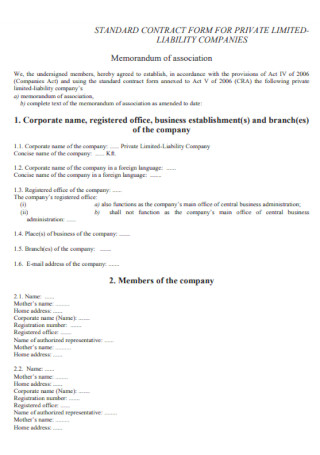
Private Company Contract Template
download now -
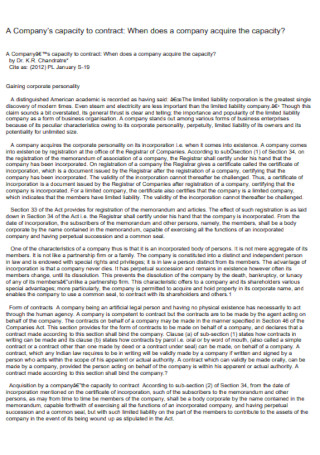
Company Capacity to Contract
download now -
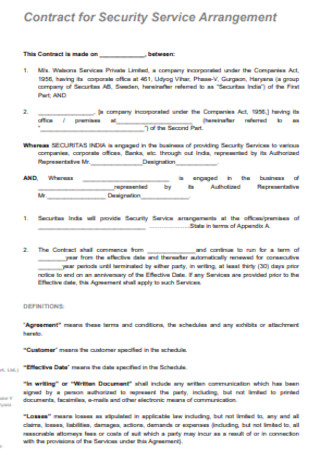
Contract for Company Security Service Arrangement Template
download now -
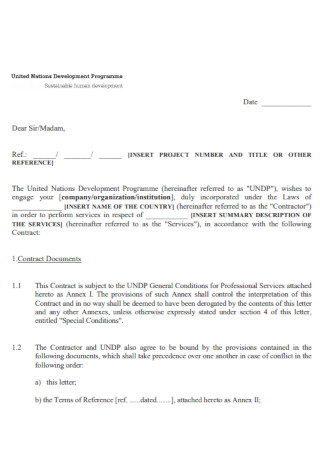
Comapny Consulting Services Contract Template
download now -
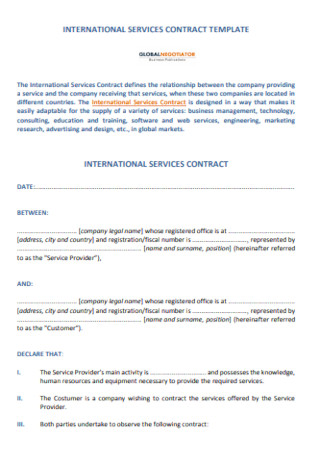
Sample Company Contract Template
download now -
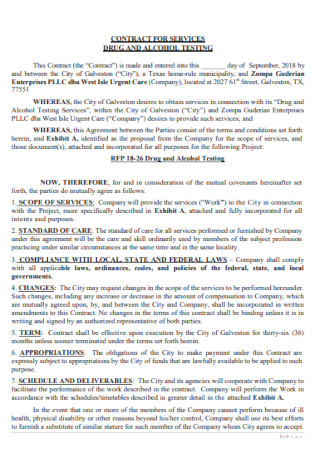
Durg and Alcohol Company Contract Template
download now -
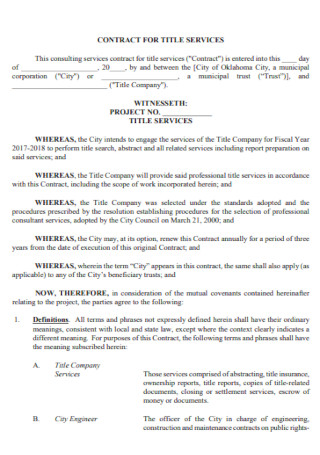
Company Contract for Title Service Template
download now -
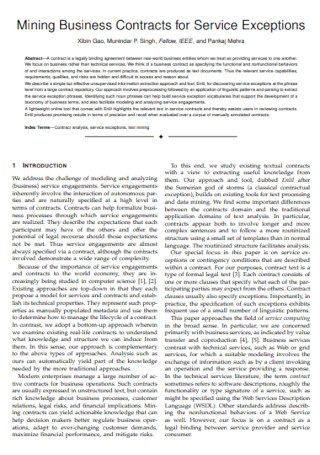
Company Mining Business Contract
download now -
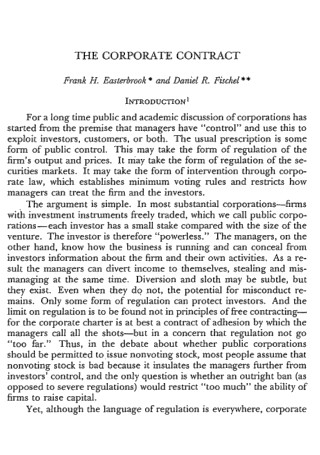
Sample Corporate Contract Template
download now -
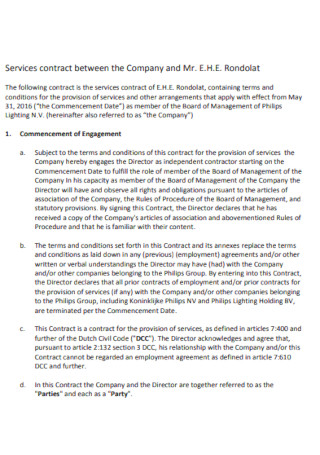
Basic Company Contract Template
download now -
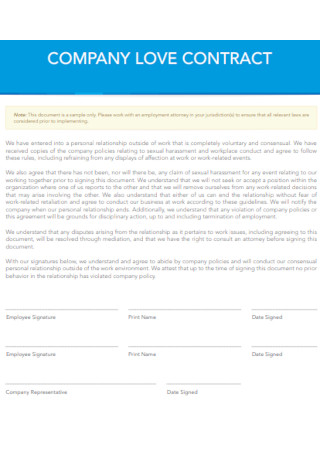
Sample Company Love Contract Template
download now -

Company Food Service Management Contract
download now -
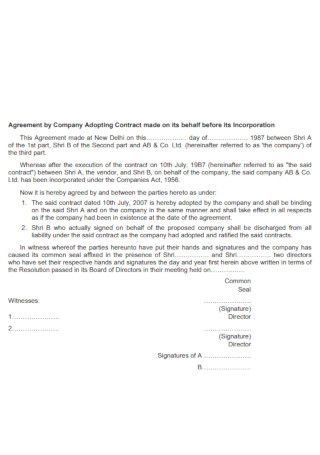
Simple Company Contract Template
download now -
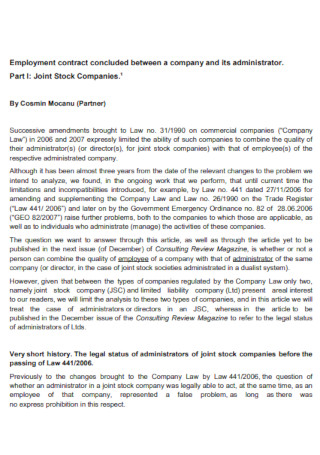
Sample Company Employment Contract Template
download now -
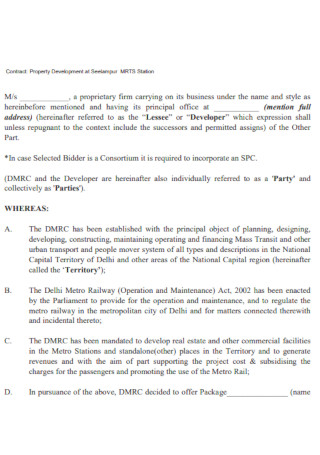
Company Property Contract Template
download now -

Company Suppliers Credit Contract
download now -

Company Production Contract Template
download now -
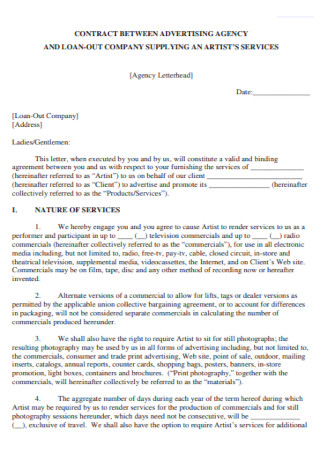
Company Agency Contract Letter
download now -
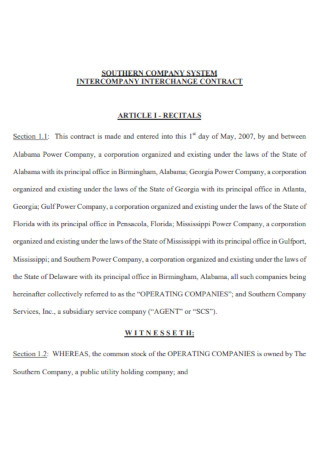
Sample Company Interchange Contract
download now -
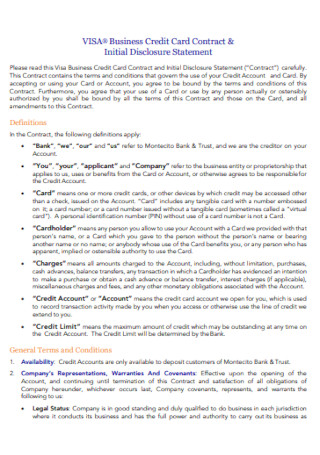
Company Business Credit Card Contract
download now -
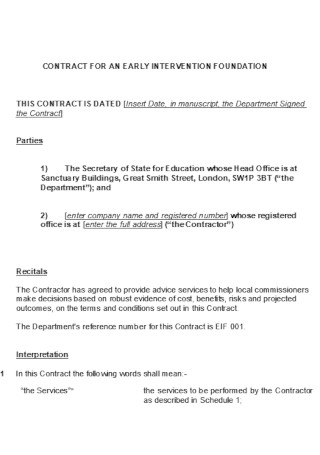
Company Foundation Contract Template
download now
FREE Company Contract s to Download
Company Contract
What Is a Company Contract?
What Makes a Contract Legally Binding?
Contracts That Every Business Should Have
How to Make a Sturdy Company Contract
FAQs
Does a contract need to be written to be legally enforceable?
What makes a contract void?
Can contracts be in the form of emails?
What Is a Company Contract?
A company contract, or more generally referred to as a business contract, is a document that outlines a set of legally binding agreements between two or more parties. When different parties put on their signature on a contract, that means that they both agree to certain roles, responsibilities, and limitations stipulated on the contract.
Contracts are necessary for every business operation. Even a sole proprietor needs the help of another business to function when the need for supply, transfer, processing, and other activities comes up. Even rival industries would need to team up for a greater cause and even more gain. These are the root of partnerships, and this is not something that a word of mouth and a firm handshake can build. The contract makes every connection official.
A contract plays an important role in not only providing the complete outline of all the details of the agreement but also to set the right expectations of what each party will get out of it. It doesn’t only contain the hows and whats of your partnership, but at its core, it has the why or the reason why you’re teaming up with another business—to claim the benefits. And when the other party fails to serve what he’s due to you, this is a potential signal for a termination. In other words, a contract ensures that you and your partner both receive the advantages that you’re entitled to.
Having a contract also helps you uphold and protect your interests in case of a disagreement that might lead to a legal battle. This is also important when a partner in your contract gets involved in a nasty issue that might also affect your image in business or cost you our investment in the partnership. When this happens, the contract can assure you that you’re off the hook and that you’ll be given what you’re due in case of financial terms.
What Makes a Contract Legally Binding?
Centuries ago, there was no need for traders and merchants to sit down and define the nature of their transactions through a serious discussion of their terms of service agreements. They bring and produce resources, they find clients and other fellow business people who are interested in their products, they trade or pay shillings, and then they walk away. All these present complications of making deals work would be outrageous for the industry people a long time ago. But the face of the market and the way people do business has changed since then. With a long list of business-related lawsuits and trials, it’s only right that you have a contract to rely on.
Here’s the big question: how do you enforce a contract? Is writing an agreement on a paper and putting down your signature enough to make it legal? Do you need an attorney’s permit to do so? To answer the latter, no, you don’t. But your contract has to meet certain criteria. Below are factors that make a contract valid or legally binding:
Contracts That Every Business Should Have
The contracts are successfully doing its thing: boosting the profits of even small scale businesses. According to Small Business Trends , an American Express survey revealed that 81% of small businesses are positive of a profit hike from contracts made with large corporations. This is stemmed from the fact that large business names are creating golden opportunities for SMEs by making a deal with them for supply and other services.
With those figures, no doubt, contracts are a vital part of any entrepreneurial venture. If you’re on your way to establishing yours, here some must-have contracts for you:
This is exclusive for industries with any kind of service to clients. A service contract outlines your service’s terms and conditions, specific roles and responsibilities, and some limitations or restrictions. This is important to avoid misunderstandings and protect your business from liabilities and unmet payments.
Much like the services, selling products also needs the appropriate agreement. A sales contract is important so that both the seller and the consumer understand how their transaction works, delivery conditions, payment terms, and other clauses that are relevant to their activity.
When you desire to enter into an agreement with someone, there’s the need to release or share information exclusive to your business. However, if you want to gain their trust and perhaps approval, this is necessary. A confidentiality agreement keeps the other party from spilling whatever information you share outside the confines of your transaction.
This is an efficient way to avoid disputes or legal liabilities with an employee because this clearly outlines his or her scope of responsibilities and the designated benefits. This also includes non-disclosure agreement, non-compete agreement, among other important clauses.
Because most business spaces are commercial or rental properties, it’s important to set a clear lease agreement with your landlord to protect you from unfair or displeasing actions in the future.
If you’re running an online website as a marketing stance or managing your offshore deals and transactions, it’s best to include user terms and conditions on your site. This is to prevent a user from misusing your content or putting undesirable posts on your page that might taint your reputation.
Strictly adhering to the clauses of a contract won’t be the hardest part of a partnership when the drafting process of the copy is given careful thought and consideration. When writing a company contract, pay attention to the guidelines below:
When you begin drafting your contract, make sure that you’ve already discussed all the necessary details beforehand. It’s important that everything you decide to pursue, including the scope of responsibilities, the limitations, the confidentiality agreement, and especially the terms concerning financial obligations, are all in accurate detail. There must be no vague points or general statements because that might cause complications when the need to interpret the contract comes. Before finalizing your contract copy, take the time to review it again and see if anything is missing from what you’ve discussed with the other party. It would be all too late when a signature is printed on the document.
Remember that you’re writing a contract to promote agreement, not confusion. However, you’ll serve the latter when you make a contract filled with legal jargon and ambiguous phrases. When your contract copy prompts a reader to grab a dictionary, then that’s not an effective contract at all. Use simple language that you and the other party can easily understand. Using basic everyday words will contribute to a convenient contract review. Write short and clear statements and make the overall copy comprehensible by categorizing each part accordingly.
How can you create strong business ties without discussing the possibility of disputes? Even familial relations are prone to arguments and even separations. Your partnership contracts are the same. When you come together to discuss what your contract entails, you must include ways on how to solve future conflicts. Contract-related clashes can get dirty and costly when taken to court. You both won’t want to spend a huge amount on conflict when you could’ve fixed the problem then and there. You can have either a mediation or arbitration clause to help you sort out a solution.
Contracts are no exemptions to changes. And they’re bound to do so when partnership develops in the coming years, and their agreement expands to more opportunities for them to benefit each other. It’s good when you demand changes for these reasons, but sometimes, it isn’t always this pretty. When a party sees something on the contract that aggravates or displeases the other, procedures on how changes are made should be discussed. This clause should state not only the how but also the limitations on what changes are possible.
This is important for parties that are in different locations, especially in America, where laws vary for each state. When disputes arise, and there’s a need to step it up into the court, there might be some serious legal complications that won’t merely cause you a headache, it comes with dollar bills as well. When completing your contract, pick out which state law should govern your joint agreement before an argument about this ensues later on.
No matter how formidable your contract is and how strong you’ve built your partnership, that’s not a guarantee that your contract stays forever. Your contract should have a clause dedicated to contract termination. This way, one party will have the opportunity to get off the partnership when the other fails to fulfill his end of the contract. The word “termination” doesn’t sound good, but it doesn’t have to be negative. Some partners may feel like they’ve helped each other enough, and they can already stand all by themselves after a long time. Whether it’s for the best reasons or you’re cutting ties with a partner who continuously fails to deliver his responsibilities, a contract termination procedure is an important part of your contract.
No, oral contracts are still legally binding, but there are contract terms that need written output.
When it doesn’t meet the necessary criteria that make a contract binding, such as the offer and acceptance, capacity, consideration, intention, and legality.
Yes, as long as it meets the necessary criteria of a binding contract. There’s also a need to follow specific guidelines to ensure that your contract email is enforceable.
Contracts shouldn’t be looked at as a way to bind you to legal responsibilities but rather an opportunity to rise and make something significant out of your business partnerships. It might entail commitment and an added burden on top of your own. Still, it’s the key to a door that leads to a more exciting venture that offers not only the possibility of increased gains but also a promise of higher chances to succeed.
Service Contracts
Sales Contracts
Confidentiality Agreement
Employment Agreement
Lease Agreements
Website Terms and Conditions
How to Make a Sturdy Company Contract
Step 1: Spare No Detail
Step 2: Keep It Simple
Step 3: Issue Dispute Solutions
Step 4: Include Rules Regarding Contract Changes
Step 5: Determine Governing State Laws
Step 6: Provide a Way Out
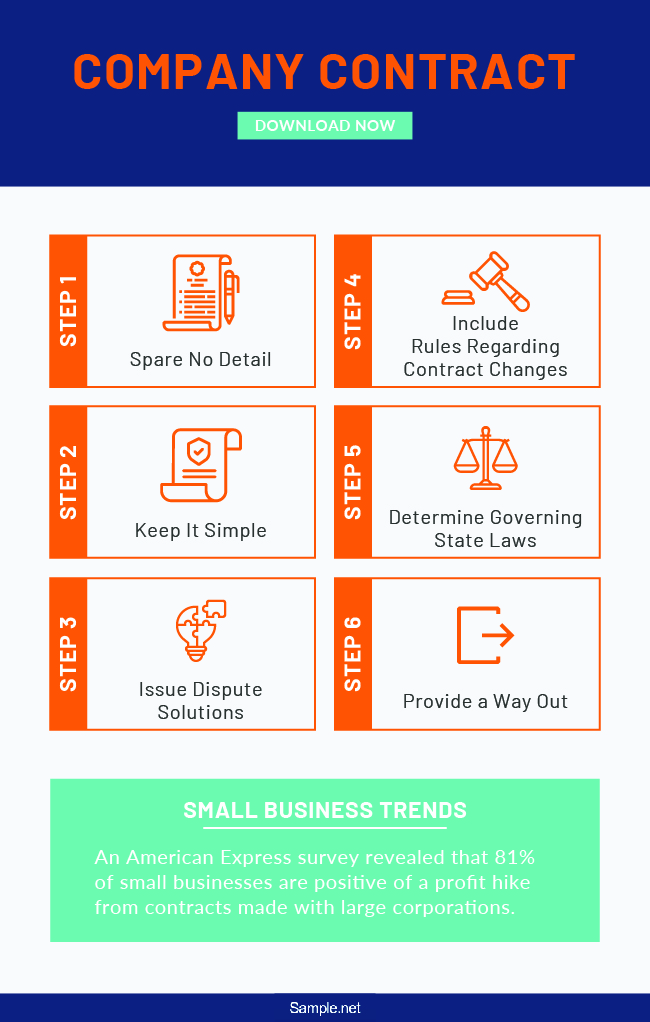
FAQs
Does a contract need to be written to be legally enforceable?
What makes a contract void?
Can contracts be in the form of emails?
